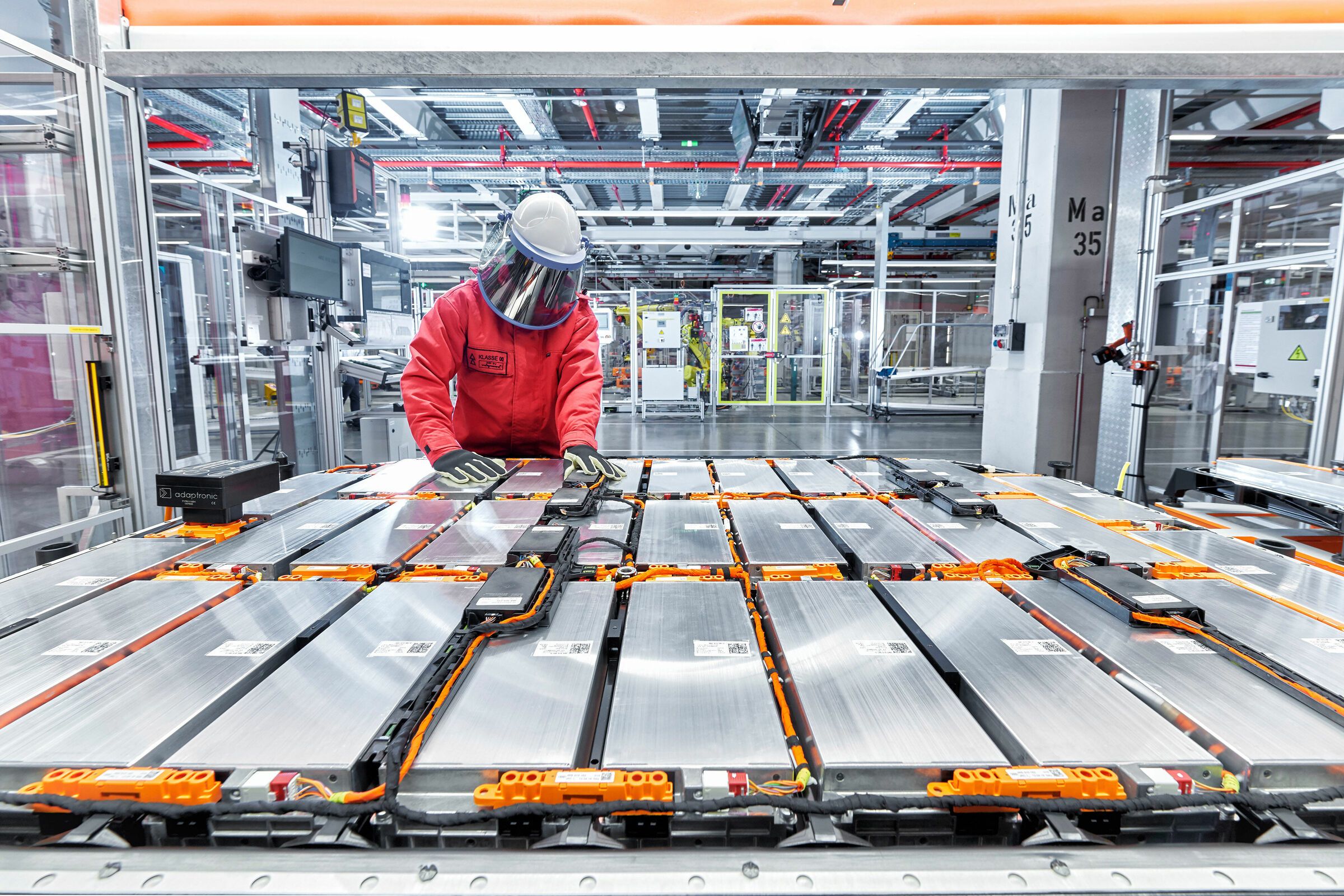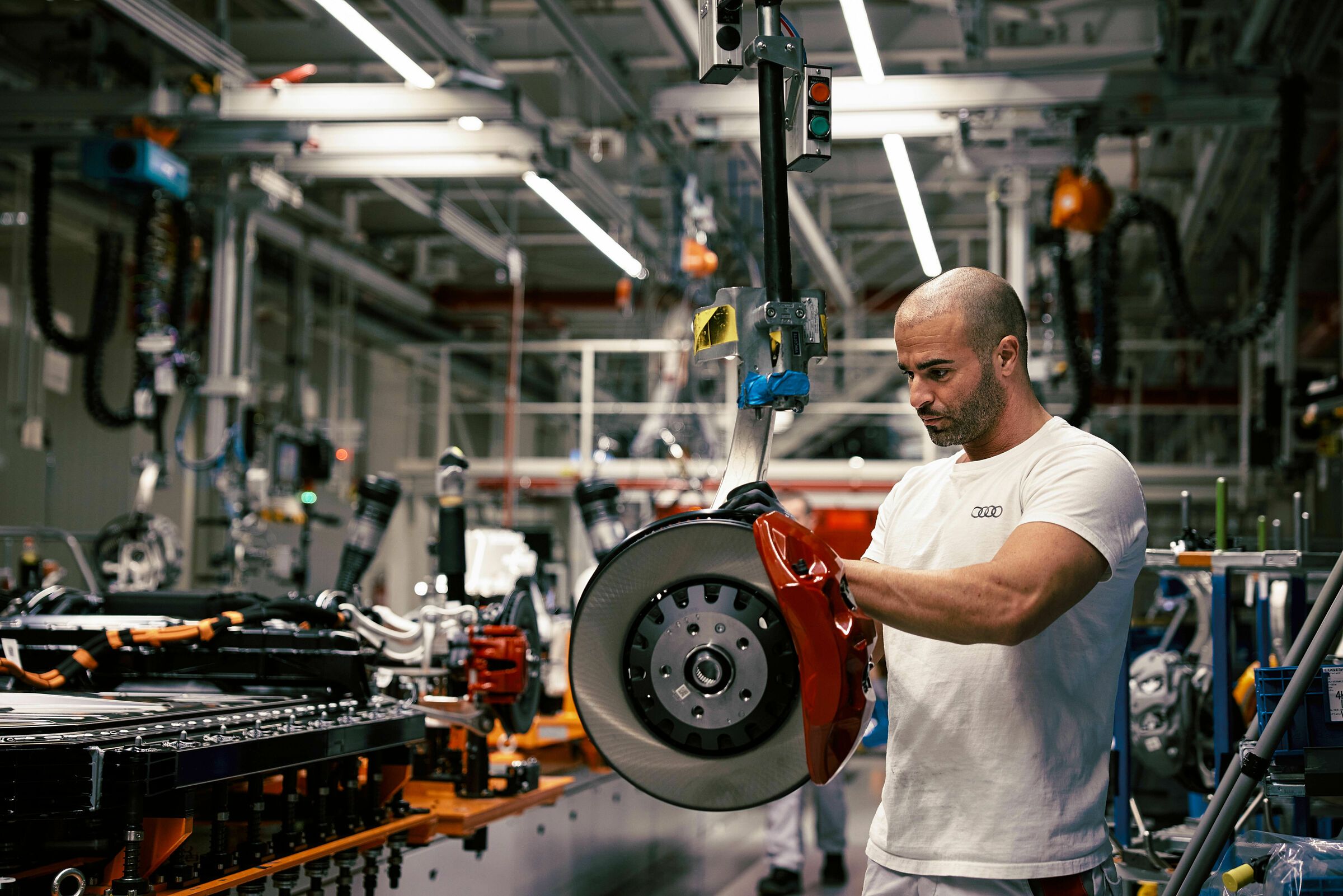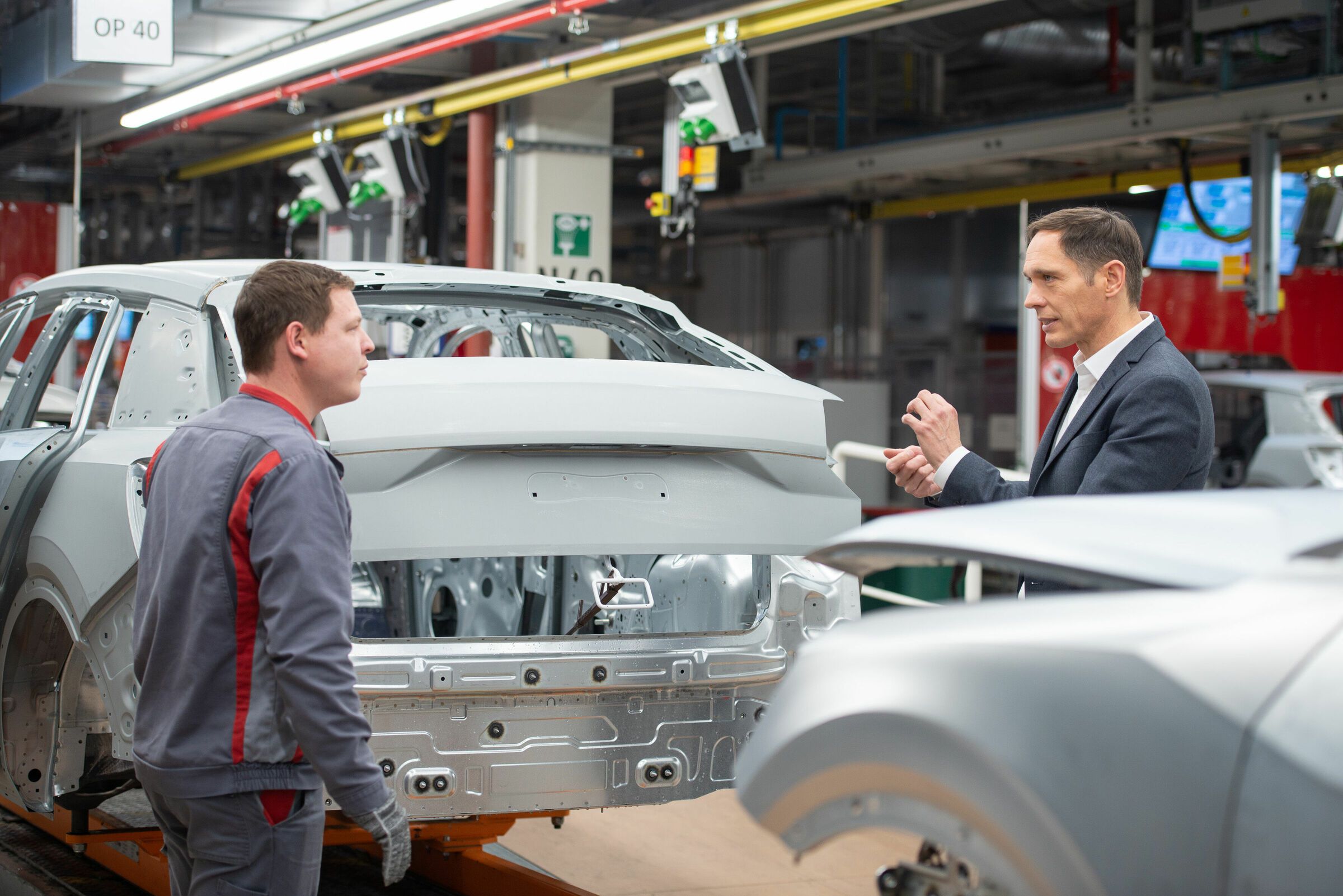There's never been a better time to buy an electric car. Nor is it a good time for all manufacturers to focus on change and pivot towards a more sustainable future. audi360factory's announcement and plans to launch all-electric vehicles from 2026 and to phase out production and manufacturing of internal combustion vehicles entirely by 2033 couldn't have been better.
Like it or not, the day is coming when all new vehicles will be battery powered only. People are skeptical and believe that electric cars will not perform like internal combustion engines. Meanwhile, electric vehicles are emerging, breaking world records for speed and performance. Audi's new 360factory and electric vehicle production are a welcome change.
Under the name "360factory", Audi has unveiled its plans for 2026 on its future electric vehicle manufacturing strategy. By the end of this decade, all production sites around the world will only be producing battery-powered variants. Ultimately, by 2033, all combustion models will be completely gone, and production costs will be half what they used to be.
Audi currently produces fully electric vehicles at two facilities: the Behringer Hoefe plant in Germany and a facility in Brussels, Belgium. The new Audi Q8 E-Tron is built in Brussels and the E-tron GT in Germany. Based on the MEB platform, the Audi Q4 E-tron and Audi Q4 Sportback E-tron are currently built at Volkswagen's German plant and will soon be built at Audi's Brussels plant. According to a press release, the Audi Q6 E-tron will be the first fully electric vehicle to leave the main assembly line in Ingolstadt, Germany, in 2023. Audi is launching his 360factory plan.
According to Audi, production of the full battery-powered car will start in the next few years at the Neckarsulm plant in Germany, the North American plant in San Jose Chiapa, Mexico, and the Gyor plant in Hungary. By 2029, every manufacturing site will produce at least one fully electric vehicle.
Unlike the traditional approach other manufacturers are taking to tackle this new era of all-electric vehicles, Audi is thinking outside the box, according to an Audi press release. Instead of building new facilities to manufacture electric vehicles, Audi is upgrading its existing plants by equipping them with all new and innovative technologies that will drive an electric future.
Gerd Walker, Audi's Director of Production, said:
Audi's annual costs should be cut in half by 2033. Audi intends to implement this plan by changing and simplifying production processes without the customer's knowledge. The fact that all electric vehicles are battery-powered will help Audi speed up the electric vehicle manufacturing process and produce several different vehicle lines in one facility.
Audi has achieved multiple goals with its 360factory target. Not only do they build all-electric vehicles that perform better than your average internal combustion engine, they also have the ability to go into production quickly. By streamlining its range and streamlining assembly, Audi will also have a significant impact on its goal of reducing its carbon footprint.
All Audi plants will be carbon neutral by 2025. Audi has been working towards this goal since the launch of his Mission: Zero program in 2019. This aims to reduce the facility's environmental impact during production. And so far they have been successful in doing so at many of their production sites. A factory in Neckarsulm, Germany, followed.
By 2025, Audi wants to reach its CO2-neutral target at all production sites. They are heading toward a greener future, one factory at a time.
Source: Audi
Audi will finally make an electric car only in the future
Audi is upgrading factory infrastructure to produce EVs
“Step by step, we lead every site into the future.” “We don't want a stand-alone lighthouse project at a greenfield site. Instead, we invest in an existing factory so that it can be as efficient and flexible as a newly built production site or a greenfield factory. will be.”Audi said it will build new plants and facilities only when it determines that it is necessary to adapt to local conditions according to supply and demand. To reduce the cost and impact, it's better to build a new production plant in another location. One example is the factory Audi is currently building in Changchun, China, where it produces only fully electric vehicles in cooperation with Chinese state-owned manufacturer FAW. This new all-electric future is not only better for the environment, but also better for reducing production costs. Audi envisions making only necessary changes to its battery-powered vehicle portfolio to create an economical, sustainable and flexible future for both Audi and consumers.


